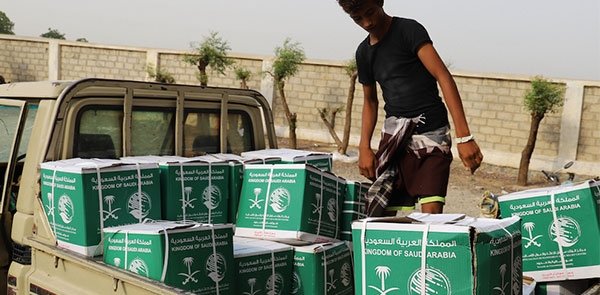|
Monday, Oct. 4 // 2–3:30 p.m. (ET)
Join the Wilson Center’s Polar Institute and the Embassy of Finland for a discussion exploring how science and technology help the United Nations, Finland, and the United States increase awareness about the changes occurring in the polar regions.

Monday, Oct. 4 // 4–5:30 p.m. (ET)
Why do 45 million Americans owe more than $1.7 trillion in student debt? Many assume the student debt crisis is the unintended consequence of federal loan programs crafted with the best of intentions. But speaker Elizabeth Tandy Shermer shows that Democrats and Republicans intentionally wanted to create a student loan industry instead of generously funding colleges and universities, which eventually left millions of Americans drowning in student debt.

Wednesday, Oct. 6 // 9–11:00 a.m. (ET)
Join government representatives, business leaders, and civil society from Brazil, the United States, and other countries, to discuss what is at stake, the anticipated outcomes of COP26, and the possible impacts on the future of the environment and business.

Wednesday, Oct. 6 // 10–11:00 a.m. (ET)
When finance ministers and central bankers gather in Washington in October for the annual meetings of the World Bank and IMF, they will be tasked with addressing the challenges of a global economy that remains fragile and a world that is increasingly divided. How have the IMF and World Bank addressed those concerns, and what role can the Bretton Woods institutions play in ensuring global economic stability moving forward?

Wednesday, Oct. 6 // 1–2:30 p.m. (ET)
In June 2021, controversial amendments to Russia’s education law entered into force, despite the criticisms voiced by the Russian academic community. The new legislation threatens to restrict educational activities outside formal settings and create new obstacles for international academic cooperation in Russia. This conversation will discuss the rationale behind this legislative initiative and its possible repercussions for Russian education, outreach, and science communication.
PLEASE NOTE: This conversation will take place in Russian.

Thursday, Oct. 7 // 2–3:30 p.m. (ET)
March 1917, Book 3, which is part of Solzhenitsyn’s multivolume epic The Red Wheel about the Russian Revolution, describes how the forces of revolutionary disintegration begin to spread from Petrograd to the front lines of World War I. The action takes place from March 16 to March 22 as the Romanov dynasty ends. In this book talk, panelists will discuss the just-published English translation of the latest release. They will consider how the actions in this book presaged Russia’s collapse.

Friday, Oct. 8 // 1–2:30 p.m. (ET)
Join Professor Kerri Greenidge of Tufts University and Dr. Trygve Throntveit, Global Fellow for History and Public Policy at the Wilson Center, as they examine the famous Trotter-Wilson encounter for what it reveals about the long and complex careers of both figures, and of the American past in an era of social, political, and international upheaval.

|





